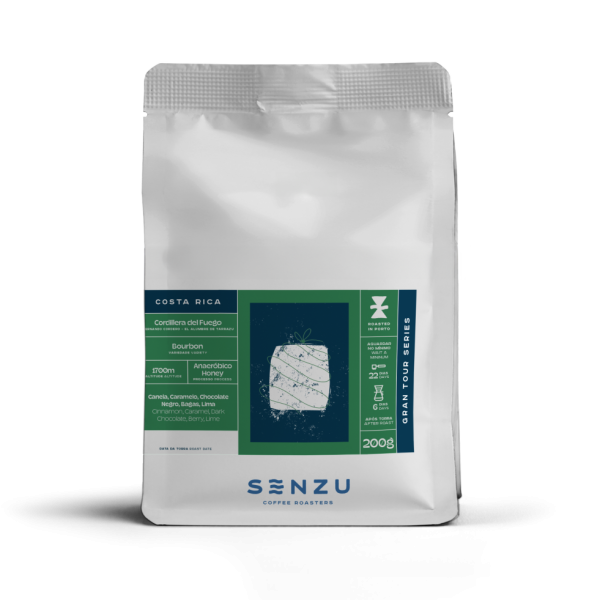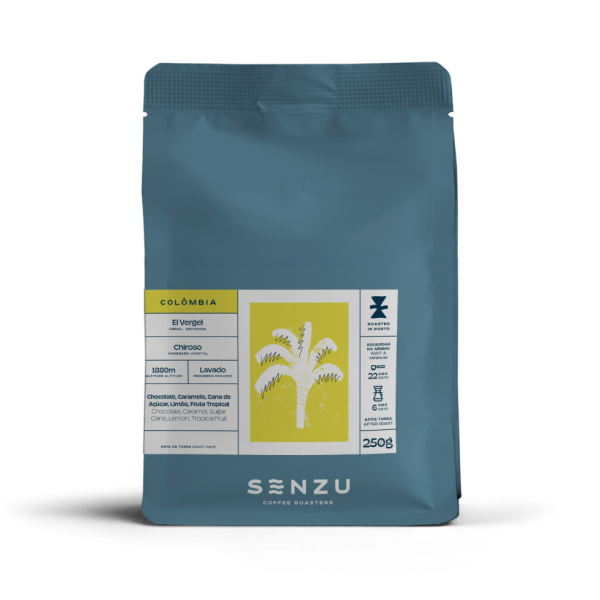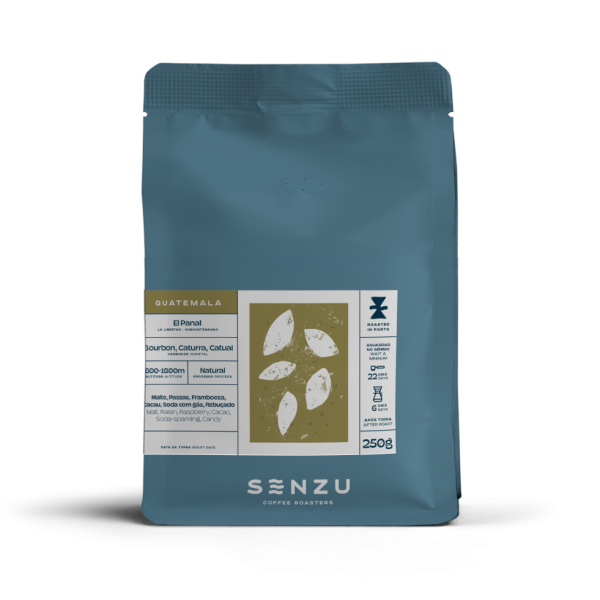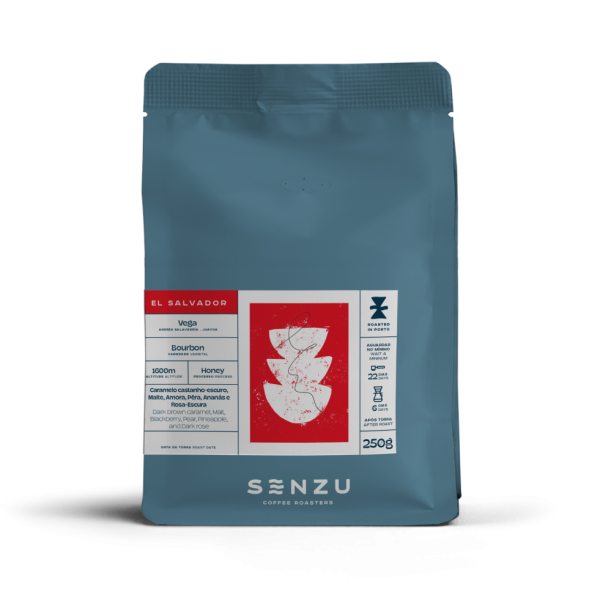Description
About Santa Isabel
About Santa Isabel
All coffees produced at Finca Santa Isabel are grown in the dense shade of a highly protected ecosystem. Guided by his principles to preserve the environment, Alex began to explore biodynamic practices to improve the health and quality of his coffees. His organic fertilizers are fortified with biodynamic preparations consisting of cellulose, worm compost, and manure - everything grown or cultivated on the farm to create a self-sustaining ecosystem that integrates all aspects of the land. What a perfect way to experience the unique terroir of coffee!
Alex Keller produces this lot of coffee flowers in biodynamic practices.
Finca Santa Isabel was founded in 1899. It is located in the village of Pueblo Nuevo Viñas. The coffee is grown in the shade of endemic species in an organic / biodynamic system.
The farm suffered from what is commonly known as "mal de viñas". Rust attacked the leaves of the coffee trees and the family lost 20% of the farm in the first year, 40% in the second year and 75% in the third year. In order to avoid such losses, they decided to plant rust-resistant Arabica and Robusta varieties. The choice was also made to ban chemicals and to turn to organic farming throughout the farm.
Adding to this already innovative approach is Alex'spassion for experimentation, constantly perfecting hismethods of anaerobic fermentation, washing andprocessing of yellow and black honeys.
Coffee is not the only activity on the farm. Alex also grows turmeric, citrus and bamboo, and keeps sheep and bees to produce honey.
The family farm is owned by three brothers and sisters. Alex Keller is responsible for the processing, quality and organic management of the farm. His brother oversees the logistics. The three of them are very knowledgeable and closely follow all stages of production, from the soil to the process, in order to be able to control and adjust the quality of their coffees and their taste profiles.
Their innovative personality and forward-thinking practices led him make the switch from traditional farming practices to certified organic ones, which he has perfected over the last 12 years. However, 4 years ago, they decided to take it a step further – converting their farm into an entirely biodynamic production. Since taking over the operations at the farm, Martin and Alex have worked to unite the environmental and social components of the farm and diversify his production to include various genetic-strains to ensure it’s long-term sustainability.
To support them, the farm employs 15 people year round. During the harvest period, the farm, like the whole country, faces a significant shortage of labour. There used to be 1,000 seasonal workers, now there are only 200 across the country.






